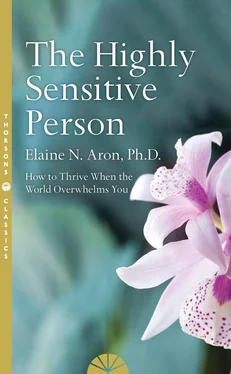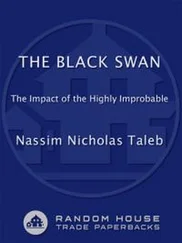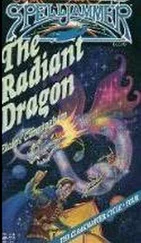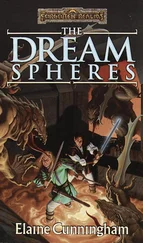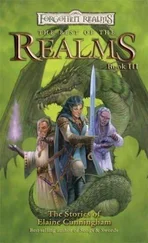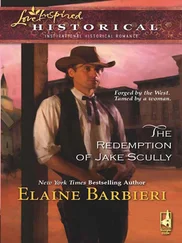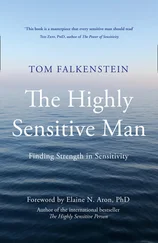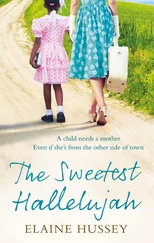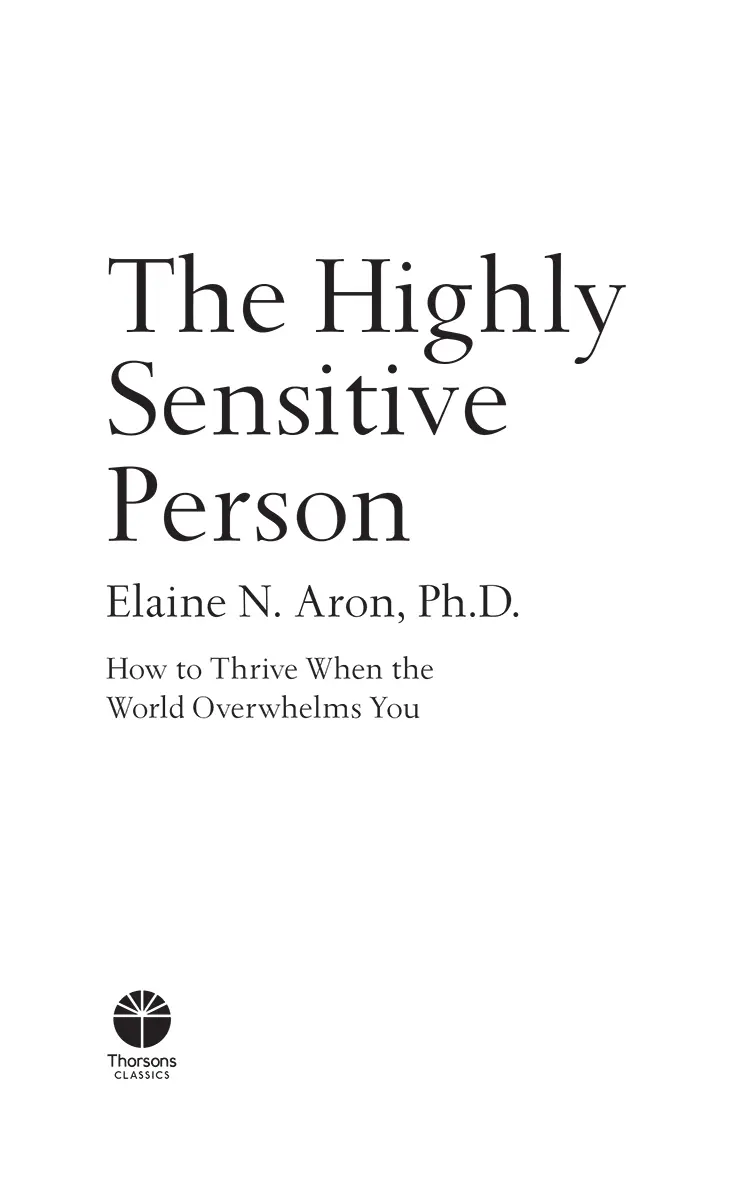

Thorsons
An imprint of HarperCollins Publishers Ltd. 1 London Bridge Street London SE1 9GF
www.harpercollins.co.uk
First published in the US by Carol Publishing Group
First published by Thorsons 1999
© Elaine N. Aron, 1999
Cover layout design © HarperCollins Publishers Cover photograph © Shutterstock.com
A catalogue record of this book is available from the British Library
Elaine N. Aron asserts the moral right to be identified as the author of this work
All rights reserved under International and Pan-American Copyright Conventions. By payment of the required fees, you have been granted the nonexclusive, nontransferable right to access and read the text of this ebook on-screen. No part of this text may be reproduced, transmitted, downloaded, decompiled, reverse engineered, or stored in or introduced into any information storage and retrieval system, in any form or by any means, whether electronic or mechanical, now known or hereinafter invented, without the express written permission of HarperCollins ebooks
HarperCollins Publishers has made every reasonable effort to ensure that any picture content and written content in this ebook has been included or removed in accordance with the contractual and technological constraints in operation at the time of publication
Source ISBN: 9780722538968
Ebook Edition © MARCH 2014 ISBN: 9780007384778
Version: 2021-03-18
To Irene Bernardicou Pettit, Ph.D.
– being both poet and peasant,
she knew how to plant this seed
and tend it until it blossomed.
To Art, who especially loves the
flowers – one more love we
share.
I believe in aristocracy, though—if that is the right word, and if a democrat may use it. Not an aristocracy of power … but … of the sensitive, the considerate.… Its members are to be found in all nations and classes, and all through the ages, and there is a secret understanding between them when they meet. They represent the true human tradition, the one permanent victory of our queer race over cruelty and chaos. Thousands of them perish in obscurity, a few are great names. They are sensitive for others as well as themselves, they are considerate without being fussy, their pluck is not swankiness but the power to endure …
E. M. Forster, “What I Believe,”
in Two Cheers for Democracy
Cover
Title Page
Copyright
Dedication
Epigraph
Preface
Are You Highly Sensitive? A Self-Test
1 The Facts About Being Highly Sensitive: A (Wrong) Sense of Being Flawed
2 Digging Deeper: Understanding Your Trait for All That It Is
3 General Health and Lifestyle for HSPs: Loving and Learning From Your Infant/Body Self
4 Reframing Your Childhood and Adolescence: Learning to Parent Yourself
5 Social Relationships: The Slide Into “Shy”
6 Thriving at Work: Follow Your Bliss and Let Your Light Shine Through
7 Close Relationships: The Challenge of Sensitive Love
8 Healing the Deeper Wounds: A Different Process for HSPs
9 Medics, Medications, and HSPs: “Shall I Listen to Prozac or Talk Temperament With My Doctor?”
10 Soul and Spirit: Where True Treasure Lies
Tips for Health-Care Professionals Working With Highly Sensitive People
Tips for Teachers Working With Highly Sensitive Students
Tips for Employers of Highly Sensitive People
Keep Reading
Notes
Index
Acknowledgments
About the Author
About the Publisher
“Cry baby!”
“Scaredy-cat!”
“Don’t be a spoilsport!”
Echoes from the past? And how about this well-meaning warning: “You’re just too sensitive for your own good.”
If you were like me, you heard a lot of that, and it made you feel there must be something very different about you. I was convinced that I had a fatal flaw that I had to hide and that doomed me to a second-rate life. I thought there was something wrong with me.
In fact, there is something very right with you and me. If you answered true to fourteen or more of the questions on the self-test at the beginning of this book, or if the detailed description in chapter 1 seems to fit you (really the best test), then you are a very special type of human being, a highly sensitive person—which hereafter we’ll call an HSP. And this book is just for you.
Having a sensitive nervous system is normal, a basically neutral trait. You probably inherited it. It occurs in about 15–20 percent of the population. It means you are aware of subtleties in your surroundings, a great advantage in many situations. It also means you are more easily overwhelmed when you have been out in a highly stimulating environment for too long, bombarded by sights and sounds until you are exhausted in a nervous-system sort of way. Thus, being sensitive has both advantages and disadvantages.
In our culture, however, possessing this trait is not considered ideal and that fact probably has had a major impact on you. Well-meaning parents and teachers probably tried to help you “overcome” it, as if it were a defect. Other children were not always as nice about it. As an adult, it has probably been harder to find the right career and relationships and generally to feel self-worth and self-confidence.
What This Book Offers You
This book provides basic, detailed information you need about your trait, data that exist nowhere else. It is the product of five years of research, in-depth interviews, clinical experience, courses and individual consultations with hundreds of HSPs, and careful reading between the lines of what psychology has already learned about the trait but does not realize it knows. In the first three chapters you will learn all the basic facts about your trait and how to handle overstimulation and overarousal of your nervous system.
Next, this book considers the impact of your sensitivity on your personal history, career, relationships, and inner life. It focuses on the advantages you may not have thought of, plus it gives advice about typical problems some HSPs face, such as shyness or difficulty finding the right sort of work.
It is quite a journey we’ll take. Most of the HSPs I’ve helped with the information that is in this book have told me that it has dramatically changed their lives—and they’ve told me to tell you that.
A Word to the Sensitive-But-Less-So
First, if you have picked up this book because you’re the parent, spouse, or friend of an HSP, then you’re especially welcome here. Your relationship with your HSP will be greatly improved.
Second, a telephone survey of three hundred randomly selected individuals of all ages found that while 20 percent were extremely or quite sensitive, another 22 percent were moderately sensitive. Those of you who fall into this moderately sensitive category will also benefit from this book.
By the way, 42 percent said they were not sensitive at all—which suggests why the highly sensitive can feel so completely out of step with a large part of the world. And naturally, it’s that segment of the population that’s always turning up the radio or honking their horns.
Читать дальше
